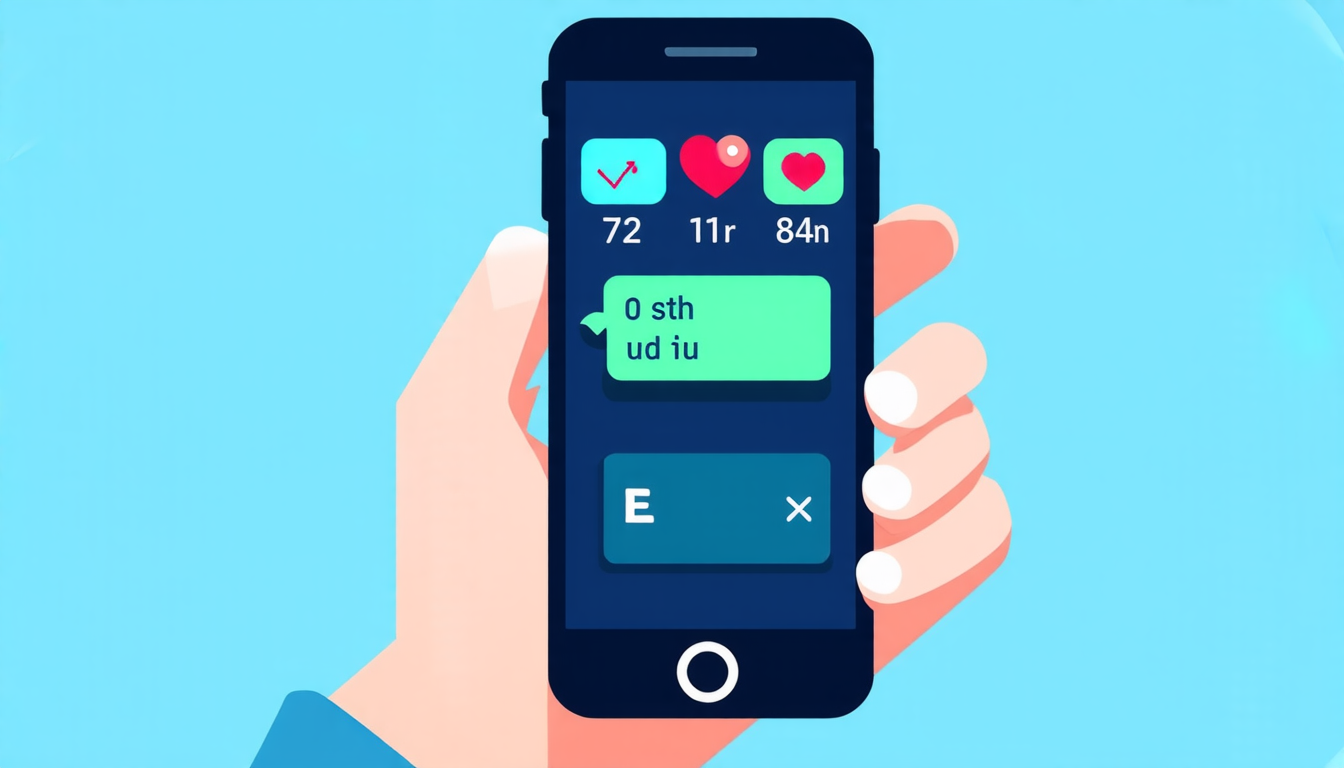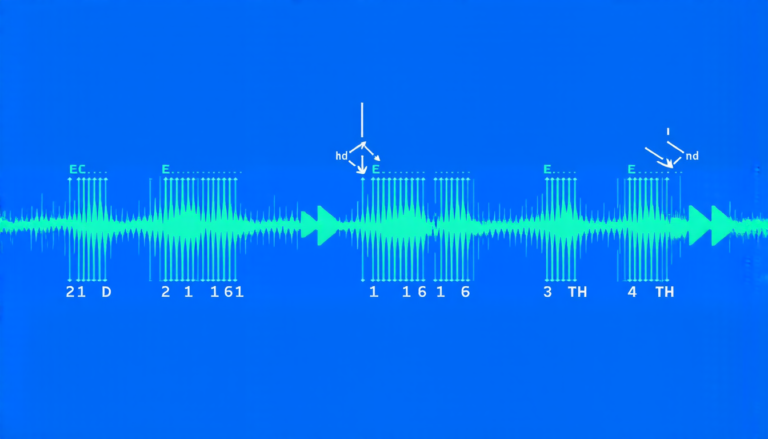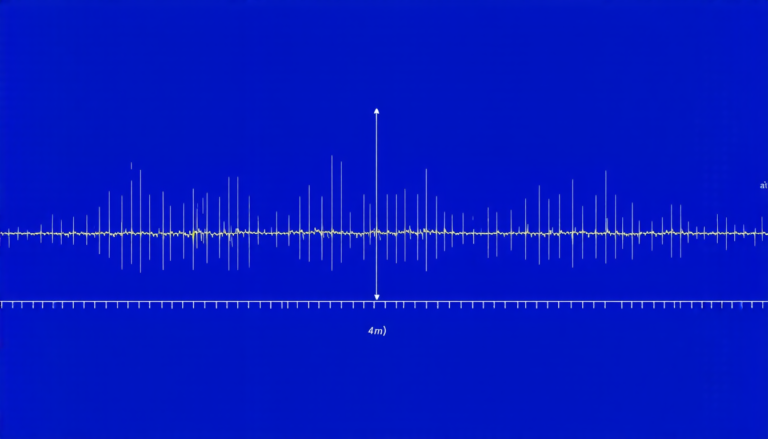Friday 23 May 2025
Mobile health interventions, which involve using mobile devices to promote healthy behavior change, have become increasingly popular in recent years. One of the most effective ways to evaluate these interventions is through micro-randomized trials (MRTs), a type of experiment where participants are repeatedly randomized among different intervention options over time.
However, traditional MRT analysis methods only work for binary treatment options, such as prompting users with a message versus not prompting them at all. But what about when there are multiple levels of treatment, like different types of message contents? This is exactly the problem that researchers have been trying to solve.
In this study, scientists developed new methods for analyzing MRTs with categorical treatments, which involve more than two levels of intervention options. They extended the concept of causal excursion effects (CEE) – a measure of how an individual’s behavior changes over time in response to different treatment options – to include multiple treatment levels.
The researchers also created a sample size formula for comparing the effectiveness of different treatment levels, and proved that it works under certain assumptions. To test their methods, they conducted extensive simulations and found that their approach can accurately estimate CEEs even when there are complex patterns in the data.
One of the key challenges in analyzing MRTs with categorical treatments is dealing with the fact that the variance of the outcome variable – in this case, a measure of behavior change – can change over time. The researchers addressed this issue by developing a new generative model that allows for non-constant error variance.
This study has important implications for mobile health interventions, which often involve delivering different types of messages or reminders to users at different times. By using MRTs with categorical treatments, researchers can gain a better understanding of how different levels of treatment affect behavior change over time.
The new methods developed in this study could be used to evaluate the effectiveness of different messaging strategies in mobile health interventions, such as varying the type of message or the timing of delivery. For example, a researcher might use an MRT with categorical treatments to compare the effect of messages that are delivered immediately versus those that are delayed by 24 hours.
Overall, this study represents a significant step forward in the analysis of MRTs with categorical treatments, and has the potential to inform the development of more effective mobile health interventions.
Cite this article: “Analyzing Mobile Health Interventions with Categorical Treatments: A New Approach to Evaluating Behavior Change”, The Science Archive, 2025.
Mobile Health Interventions, Micro-Randomized Trials, Causal Excursion Effects, Categorical Treatments, Treatment Options, Intervention Strategies, Behavior Change, Outcome Variables, Error Variance, Generative Models







